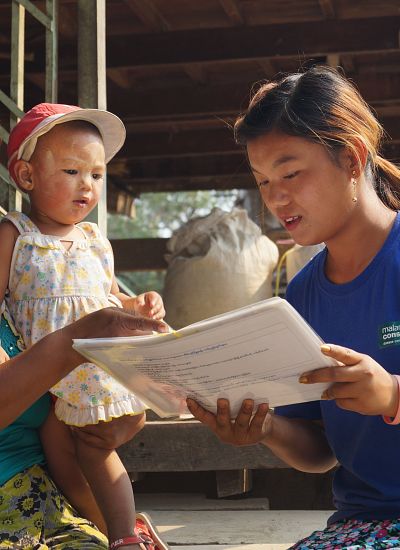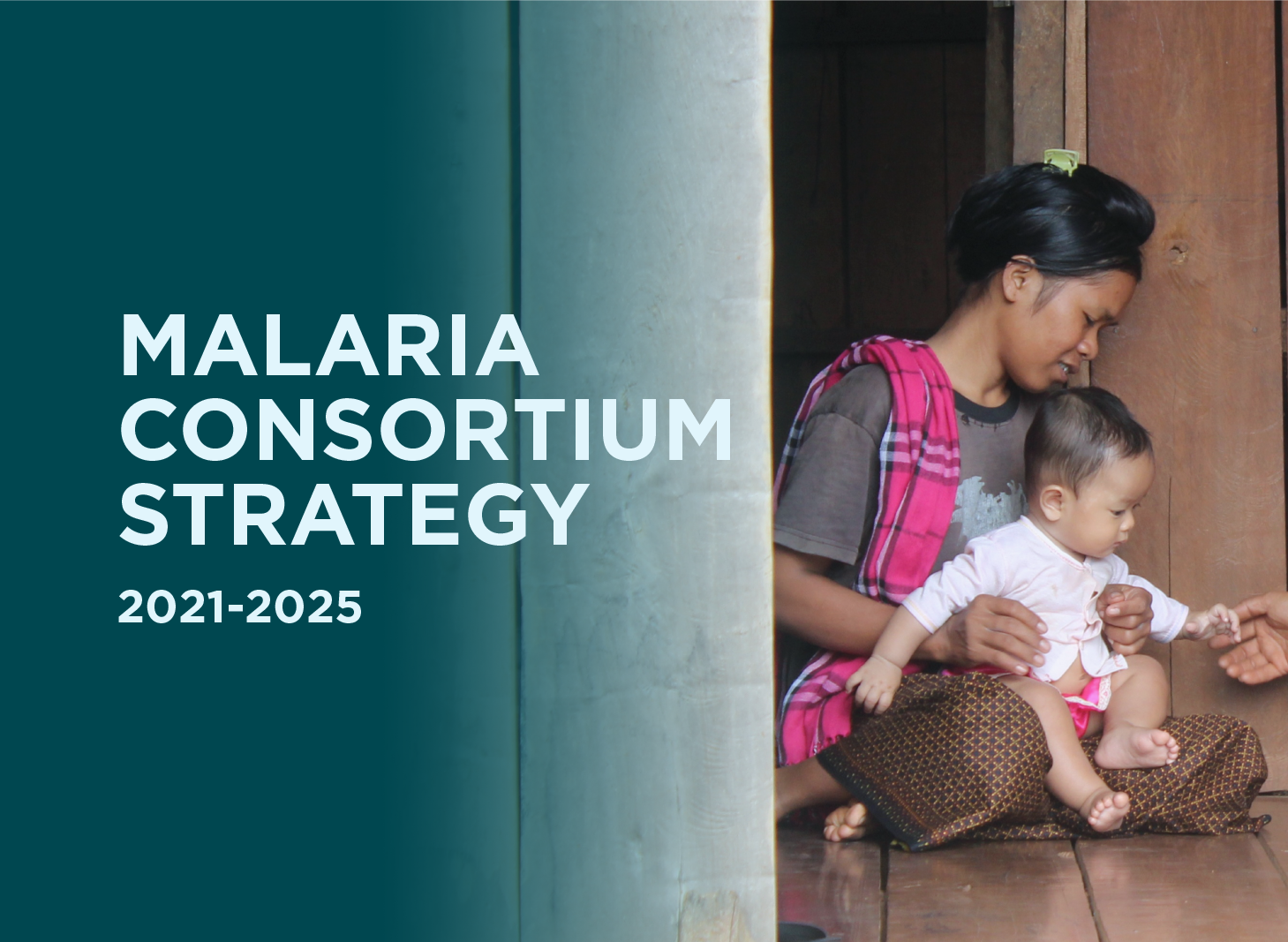
Project
DDT / GEF Implementation in 2013
The Stockholm Convention is an international treaty that aims to ban the production and use of 12 persistent organic pollutants (POPs). DDT is one of the POPs included in the convention. However, the convention, taking into account of the vital use of DDT in malaria control, made a recommendation that technical and finanicial assistance is provided to low income countries in their efforts to develop alternative strategies and methodologies for malaria control. WHO Regional Office for Africa take lead in coordinating the needs of countries in the Region that are using DDT for Indoor residual house spraying for malaria control to shift countries from over reliance on DDT and insecticides in general. Ethiopia is a beneficiary of the project. Since 2009, the project has been implemented in Ethiopia with the support of Malaria Consortium office in Ethiopia.The specific objectives of the project are to:
- Evaluate the efficacy of alternative interventions on malaria burden;
- Assess insecticide susceptibility and residual efficacy tests
- Assess the impact of alternative interventions on entomological parameters;
- Assess the sustainability of interventions on study communities
Back
